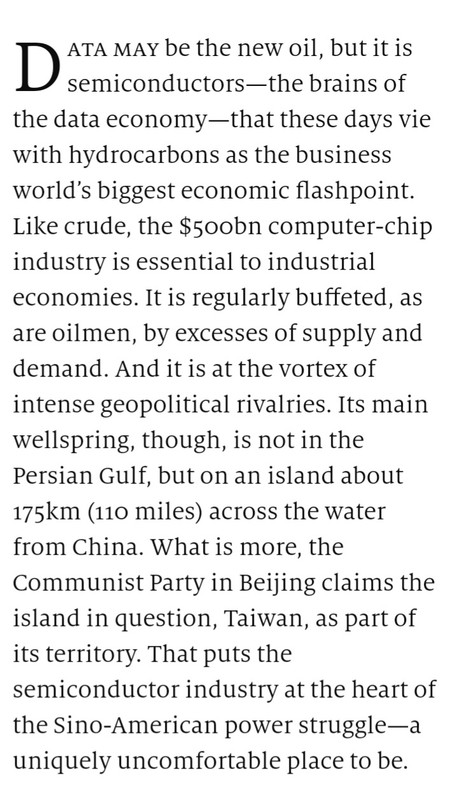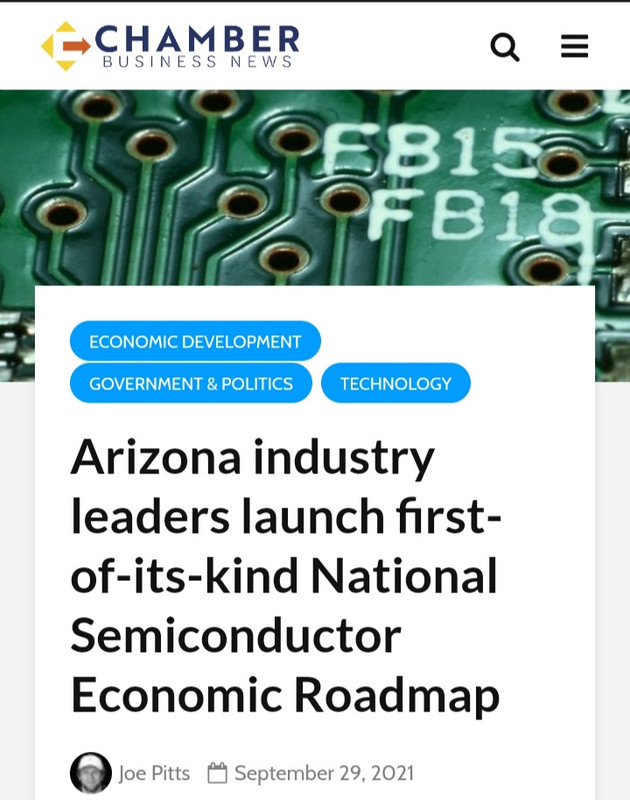- Joined
- May 1, 2005
- Messages
- 46,217
- Reaction score
- 20,457
Ok that’s proof, modern media has no ability to do any research. You’ve poured out tons of info that given probably a few hours of calls and such, anyone could have uncovered.The city went directly to TSMC's headquarters to court them. The Mayor along with reps from both the Commerce Authority and Greater Phoenix Economic Council all traveled to Taiwan several times and then TSMC started sending delegations to Phoenix. A few of them became friends and threw birthday parties together (serious, lol). A 3,500 acre site of undeveloped land was rezoned for the purpose of creating a science and technology park.
TSMC committed an initial $12 billion investment to build a factory on it and bought up 1,130 acres of the park, which tipped the hand that they would be building more than one. The city agreed to cover $205 million for water infrastructure, wastewater improvements and a couple miles worth of new roads. The site broke ground a couple months ago and TSMC has since tripled down on capex to bring the Phase 1 spending to almost $36 billion, with two more phases on the development plan.
It's probably going to be around $100 billion by the time they're finished, with a dedicated American-based R&D center and at least six factories on the site.
And that’s a crazy amount of investments and glad your area isn’t over paying to get them to come






